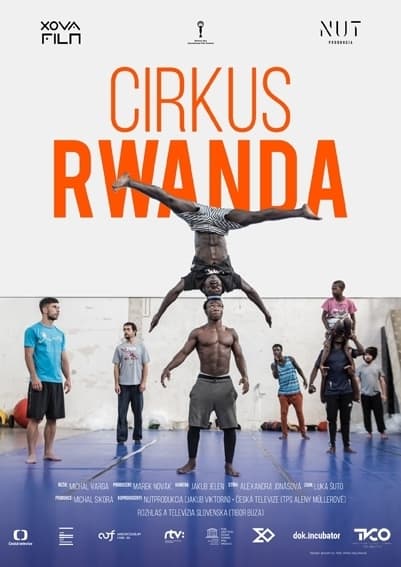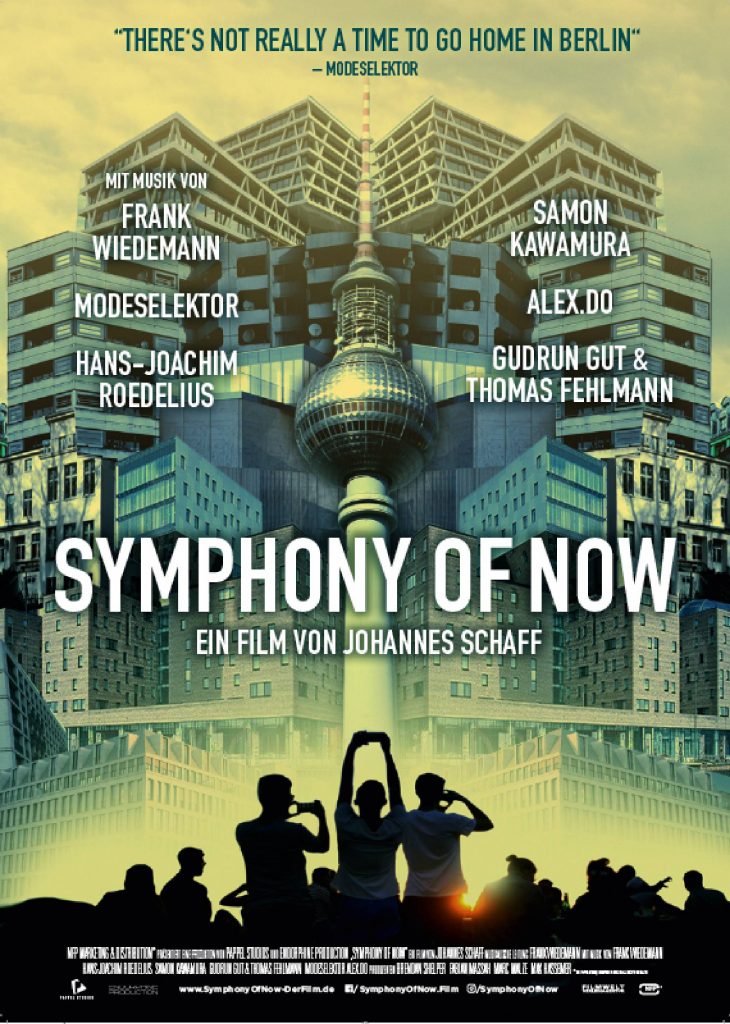All about Firuze
International Competition entry Beloved is about the life of Firuze who lives on the Alborz Mountains in Iran. The film, which tells the heartening story of this wise, 80-year-old woman who has been through thick and thin, took two years to make and was screened at various prominent festivals including IDFA. Following the screening attended by director Yaser Talebi and producer Elaheh Nobakht, the director said: “When we were discussing how to shoot Firuze we realized that if we want to make a realistic and honest film we shouldn’t distance ourselves from our subject. So, we chose a 50mm lens which is closest to our eyesight. We realized that when the film is over, people believe in Firuze. They applaud her, not me.” The producer Nobakht said that the love for nature and animals has moved her and added: “The effort Firuze put forward to protect her ideas was very meaningful for me as an Iranian woman.”
For further information about the film click here.
A Circus story from Rwanda to Czechia
Rwandan genocide survivor Elisée works with a troupe of acrobats that consists of orphaned children and Rosta is the leader and face of Cirk La Putyka, one of the most prominent troupes in Prag. Directed by Michal Varga, this touching and energetic documentary which chronicles the joining of these two troupes was presented to the Festival audience as part of the Documentary Time section. Director Michal Varga was in attendance of the screening which took place at the Pera Museum Auditorium.
Varga, said that he decided to make the documentary after reading about the Rwandan acrobats in a newspaper. “Instead of the Rwandan genocide I wanted to make a film about the lives of people who survived the genocide.”
For further information about the film click here.

A story of a personal journey: Still River
Director Angelos Frantzis’s film Still River is a tense family drama about a couple’s relationship being put to test in the face of love, trust, and faith, backdropped by the majestic frozen landscape of Siberia. Following the screening at the Beyoğlu Film Theatre, director Frantzis and actress Katia Goulioni answered audience questions.
Aside from the black and white contrast in the film, what was the meaning of featuring the color blue prominently in the film? Was the blue cross symbolizing something specific?Angelos Frantzis: We didn’t use symbols in fact. That blue is called Russian blue. Aren’t we surrounded by things that are blue? Like the sky, water or the dark blue coat worn by Anna… We have decided on a “color code” and that was blue.
Katia Goulioni: I think blue is the symbol of thinking and seeing things differently. In the ocean, in the sky… Blue is there but we can’t touch it. Even when it’s in a darker shade like Anna’s coat it’s a color you can see through.
Unlike the films we see in the Greek New Wave that are about petit bourgeois trying to hold on to life in the social order, this is a film that partially touches on people’s relationship with religion. Why was the film different in that sense?Angelos Frantzis: Films and directors are diverse, so I can’t talk for everyone. However, I don’t know where the inspiration for the film came from. Who can know that for sure? Ideas and inspirations spring suddenly… On the other hand, the idea of “explaining and being understood” is prevalent in the film. In a sense, the film consists of reactions we give to what we don’t understand.
For further information about the film click here.
Night, Berlin and electronic music
The renowned names of film and electronic music have reimagined Walter Ruttmann’s Berlin – Die Sinfonie der Großstadt, one of the classics of the silent era. Featured in the Musicians section of the Festival, Symphony of Now brings the story of Berlin, the capital of electronic music, to the silver screen. Johannes Schaff, writer and director of the film, attended the screening at Cinemaximum City’s Nişantaşı.
Music plays an important role in the film. How did you decide on the musicians and the music you wanted to feature in the film? What was the process?
Johannes Schaff: I can give you a very short answer: I didn’t decide. Surely some decisions were made, but they were our music director’s decisions not mine. And his decisions were influenced by people who are important for Berlin in different aspects. Our music director wanted to pursue this idea and wanted everyone to be related to Berlin. There was also the idea that they should be people that represent different generations and eras. So, in the film you’re listening to electronic musicians who have influenced different generations in the past several decades.
Is there something you didn’t somehow use in the film and later regretted? Was there something you somehow didn’t include and missed out on?
Johannes Schaff: We have hours of wonderful unused footage and a number of equally effective films can be made by using those. I can say three things: Of course, there were things we couldn’t show. For example, we were given permission to film at the opera house, but their asking price was very high, so we couldn’t do things like that for financial reasons. The second thing is the drug scene in Berlin. Users had no problem about being filmed, they said you can film as much as you want, but showing that footage in a film that so prominently features music didn’t seem appealing. So we abstained from it. And the third thing is even though this is a film that I directed there were producers who were above me. There were scenes I wanted to have in the film which they didn’t want.
For further information about the film click here.

Beyond borders: TV series
The day’s topic at Meetings at the Bridge was TV series. The increasing production volume of digital platforms, their taking over tv channels and the changing habits of viewers were discussed at the event which was moderated by producer Yamaç Okur from Ay Yapim, and attended by director Timur Savcı from Tims Production, screenwriter Ayfer Tunç, Özlem Yılmaz and Burcu Görgün Topbaş.
For the events list of Meetings on the Bridge click here.
Commemoration at the festival: Ayhan Ergürsel
The friends of editor Ayhan Ergürsel, who passed away untimely from a heart attack at the age of 57, have come together to commemorate him. Ergürsel has edited many films such as The Daydreams of Miss Cazibe, Return to Ararat Mountain, Hera Leandros, Kasaba, Clouds of May, Three Monkeys, Climates, Egg, 10 to 11, and Album. Ahmet Çadırcı had this to say about Ergürsel: “I can say that he was the last editor of Yesilçam. Sometimes he couldn’t figure out a film after watching it, but the next day he most definitely would. He was the type of editor who would make suggestions to a director saying things like “this part is missing, shoot this as well.” He has worked with both the old and the new generations.
Daily Film Selection:
In My Room | 19.00 | Rexx movie theatre
If Beale Street Could Talk | 21.30 | Atlas movie theatre
Daily Documentary Selection:
A Dog Called Money | 11.00 | Cinemaximum Zorlu Center
I Used to Be Normal: A Boyband Fangirl Story | 13.30 | Cinemaximum City’s 3
Festival in Photos
See daily photos from the festival at http://www.iksvphoto.com/#/folder/aa602o and on our Instagram account.
Images courtesy of IKSV.









